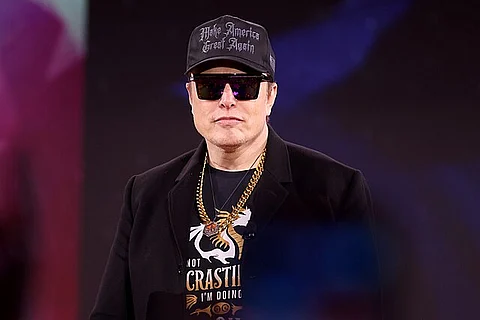

Elon Musk is reportedly scaling back plans to launch the "America Party," a third-party political initiative announced in July 2025 during his public feud with former President Donald Trump over fiscal policies. According to sources familiar with Musk’s strategy, the billionaire aims to prioritize his corporate responsibilities at Tesla and SpaceX while avoiding alienation of key Republican figures, particularly Vice President JD Vance, who is viewed as a potential 2028 presidential candidate. Musk’s shift underscores the challenges of third-party formation in the U.S. political landscape and reflects his desire to maintain influence within the Republican ecosystem.
Musk’s decision to delay the America Party stems from concerns about damaging his relationship with Vance, whom he sees as a critical ally. The Wall Street Journal reported that Musk and his associates have privately signaled intentions to financially support Vance’s potential 2028 presidential run, leveraging his nearly $300 million investment in Trump’s 2024 campaign. Vance has actively encouraged Musk to rejoin the Republican fold, emphasizing that a third party could fragment conservative voters and weaken the GOP’s position in the 2026 midterms. This alignment suggests Musk’s preference for leveraging internal influence over external disruption.
Tesla’s declining performance has intensified investor scrutiny of Musk’s political distractions. The company reported an 18% drop in shares this year, alongside its worst quarterly sales decline in over a decade. Musk’s warning of "a few rough quarters" following the Trump administration’s termination of electric vehicle subsidies has heightened worries about his divided focus. Shareholders have expressed relief at his stepped-down role from the Department of Government Efficiency (DOGE) earlier this year, and further political ventures could exacerbate Tesla’s operational challenges.
The America Party was conceived during a highly public clash with Trump over the "Big Beautiful Bill," a tax-cut and spending package Musk criticized as fiscally irresponsible. Musk’s brief tenure heading DOGE highlighted his focus on reducing government waste, but his opposition to the bill led to personal insults and threats from Trump, including potential revocation of federal contracts for SpaceX. Although tensions temporarily eased after Vance mediated a truce, Musk’s hesitation to fully abandon third-party plans indicates lingering discontent with GOP fiscal policies.
While Musk publicly denied the Journal’s report via X, stating, "Nothing @WSJ says should ever be thought of as true"; he has taken no concrete steps to register the party with the Federal Election Commission or mobilize grassroots support. Allies note he could revive the idea ahead of the 2026 midterms, but for now, his focus remains on stabilizing Tesla and navigating Republican dynamics. The aborted party highlights the structural barriers third parties face and Musk’s pragmatic recognition that influencing from within may yield greater returns than ideological fragmentation.